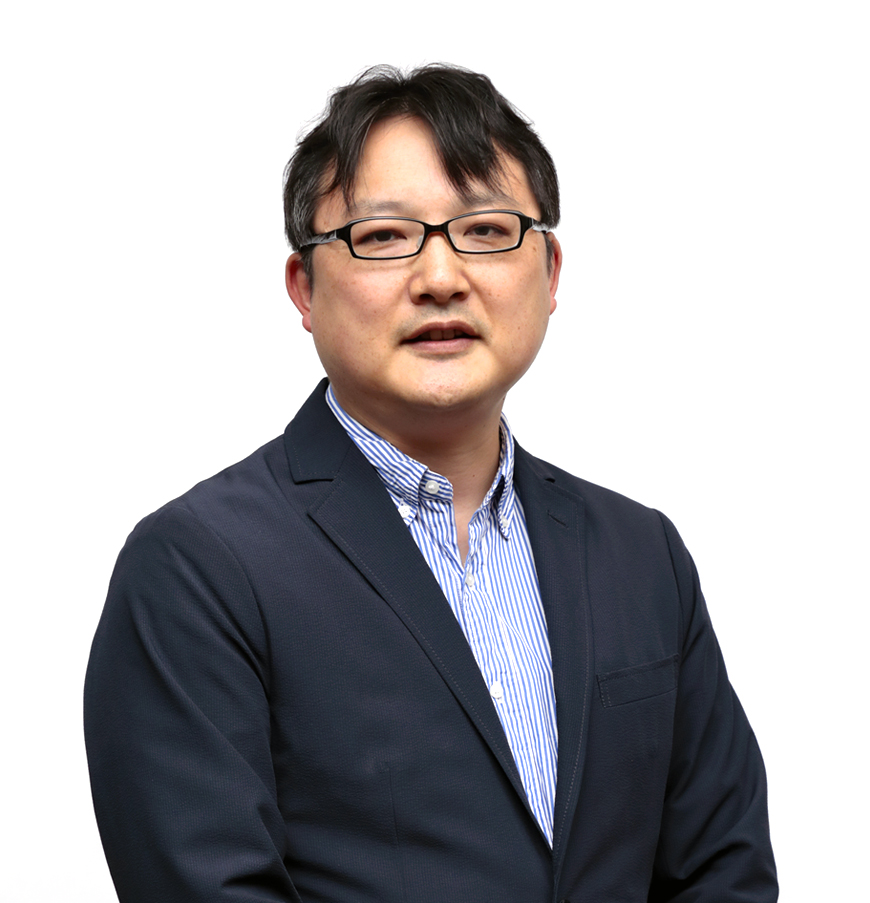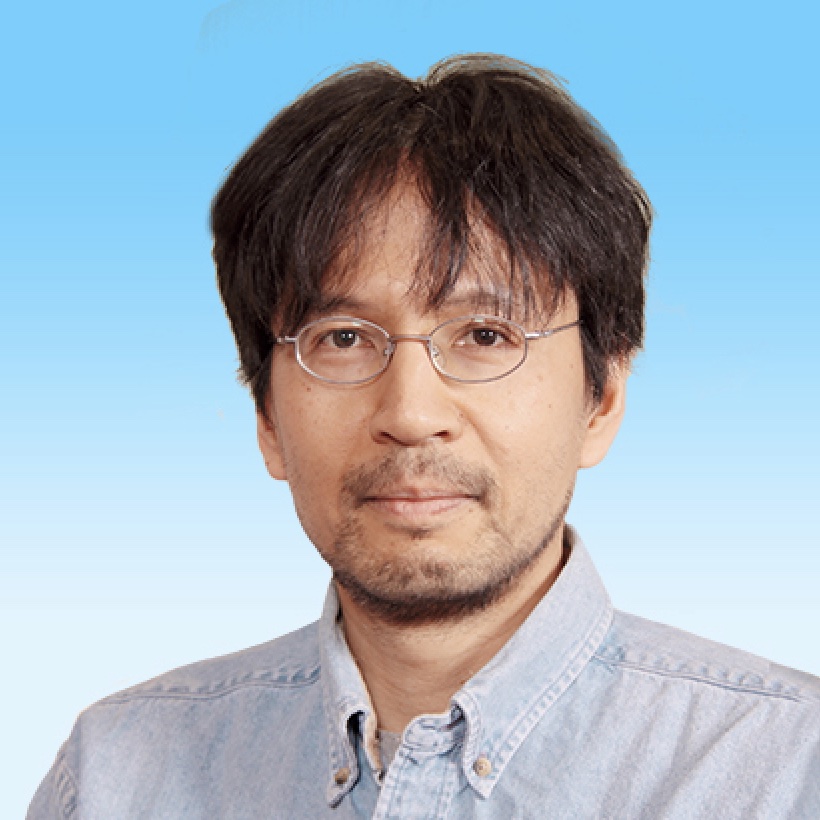TOP
 Events & Outreach
Events & Outreach
 R-CCS Cafe
R-CCS Cafe
 The 277th R-CCS Cafe (Feb 3, 2025)
The 277th R-CCS Cafe (Feb 3, 2025)
The 277th R-CCS Cafe (Feb 3, 2025)
Japanese| Date | Mon, Feb 3, 2025 |
|---|---|
| Time | 3:00 pm - 5:00 pm (3:00 pm - 4:10 pm Talks and Discussions, 4:10 pm - 5:00 pm Free discussion and coffee break) |
| City | Kobe, Japan/Online |
| Place | Lecture Hall (6th floor) at R-CCS, Online seminar on Zoom
|
| Language | Presentation Language: English Presentation Material: English |
| Speakers |
Yuji Sugita Computational Biophysics Research Team  Yasumichi Aoki Field Theory Research Team  Seiji Yunoki Computational Materials Science Research Team  |
Talk Titles and Abstracts
1st Speaker: Yuji Sugita
Title:
Molecular mechanisms for the 80° substep rotation of F1-ATPase
Abstract:
F1-ATPase consists of the stator α₃β₃ subunits and the rotator γ subunit and can work as a rotatory molecular motor. The relationship between the γ-subunit rotation and conformational changes of the stator α₃β₃ subunits is essential to understanding the chemo-mechanical coupling in F1-ATPase. We performed target molecular dynamics (MD) simulations with external forces on the α₃β₃ subunits and observed 80° substep rotations of the γ-subunit. Then, we optimized the most probable transition pathway through the mean-force string method simulations with 64 images. Finally, using umbrella sampling, we calculated the potential of mean forces along the minimum free energy pathway during the 80° substep rotation. Using the simulation trajectories, we obtained new insight into the substep rotation of the F1-ATPase.
2nd Speaker: Yasumichi Aoki
Title:
TBD
Abstract:
TBD
3rd Speaker: Seiji Yunoki
Title:
HPC-supported application of noisy quantum computers for ground state calculations in quantum chemistry
Abstract:
In this talk, I will present our recent work, in collaboration with IBM, on quantum-HPC hybrid computing for quantum chemistry applications [1]. We introduce a new quantum-classical hybrid approach, named selected quantum diagonalization (SQD), along with a self-consistent configuration recovery protocol to mitigate noisy signals form quantum computers. This novel approach uses a quantum computer to generate a set of bit strings, corresponding to different electronic configurations, which are then used as a subspace of the full Hilbert space to construct a Hamiltonian matrix. A classical computer is subsequently used to evaluate the ground state and its energy by diagonalizing this Hamiltonian. We have demonstrated this method using the latest IBM quantum computer and Fugaku for ground state calculations of larger molecules, showcasing the potential of quantum-HPC hybrid computing in practical quantum chemistry applications.
[1] Robledo-Moreno et al., “Chemistry beyond exact solutions on a quantum-centric supercomputer”, arXiv:2405.05068.
Important Notes
- Please turn off your video and microphone when you join the meeting.
- The broadcasting may be interrupted or terminated depending on the network condition or any other unexpected event.
- The program schedule and contents may be modified without prior notice.
- Depending on the utilized device and network environment, it may not be able to watch the session.
- All rights concerning the broadcasted material will belong to the organizer and the presenters, and it is prohibited to copy, modify, or redistribute the total or a part of the broadcasted material without the previous permission of RIKEN.
(Jan 28, 2025)
